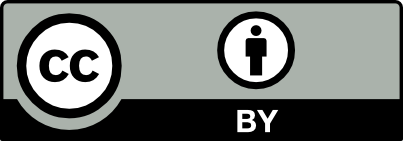Abstract
Controlling time periodic systems is a significant engineering challenge. One innovative approach that seems to be especially promising involves application of the Lyapunov Floquet (LF) transformation to eliminate time periodic terms from the system state matrices. Traditional control design techniques are then applied and the resulting gains transformed back to the original domain. Typically, the controller design process involves the use of an auxiliary control matrix and (assuming that the actual control matrix is time-varying and non-invertable) a pseudo inverse (which introduces approximations into the procedure). The degree to which the desired control results are achieved depends very strongly upon the impact of these approximations on the actual system dynamics. The research effort described below is concerned with investigating the performance of this LF control strategy and the existence of situations in which application of the procedure may produce undesirable behaviors.
References
[2] R.A. Calico, W.E. Wiesel. Control of time-periodic systems. Journal of Guidance, 7(6): 671-676, 1984.
[3] A.J. Calise, M.E. Wasikowski, D.P. Schrage. Optimal output feedback for linear time periodic systems. Journal of Guidance Control and Dynamics, 15(2): 16- 423, 1992.
[4] P. Joseph, R Pandiyan, S.C. Sinha. Optimal control of mechanical systems subjected to periodic loading via Chebysev polynomials. Optimal Control Applications and Methods, 14: 75-90, 1993.
[5] T. Kailath. Linear Systems. Prentice Hall, Englewood Cliffs, 1980.



